PRODUCTS
CONTACT US
Ningbo Nide International Co., Ltd.
一一
· Contact person:Jack Zeng
· Mob/Whatspp/WeChat:0086-13738869026
· Email:emarketing@nide-group.com;marketing4@nide-group.com
· Add:No. 169, Wohushan Road, Daqi Subdistrict, Beilun District, Ningbo, China
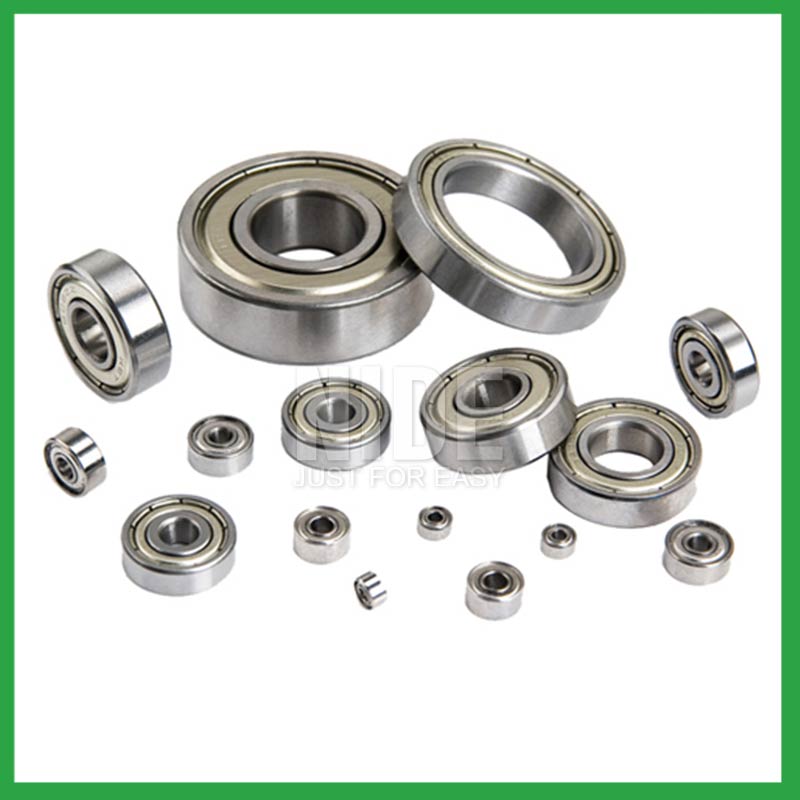
Nide team could manufacture ball bearing as per customer’s drawing and samples.
If customer only has samples, we could also design drawing fo r our customer.
We also provide customized service.
Our ball bearing is widely applied the different industrials.
Established in 2010, Ningbo Haishu Nide International is a company devoted in the field of electric motors manufacturing, providing one-stop service for its customers. Nide has three main business divisions. The first division is to provide different kinds of motor manufacturing machinery, including stand along machine, fully-auto complete line for armature and stator production, and the motor assembly line. The second division is to supply the full range of motor cover and lamination,magnet,commutator,thermal protector,insulation paper,ball bearing,etc. The third division is to provide technical support and consulting, project support and turn-key service for some motor manufacturing.
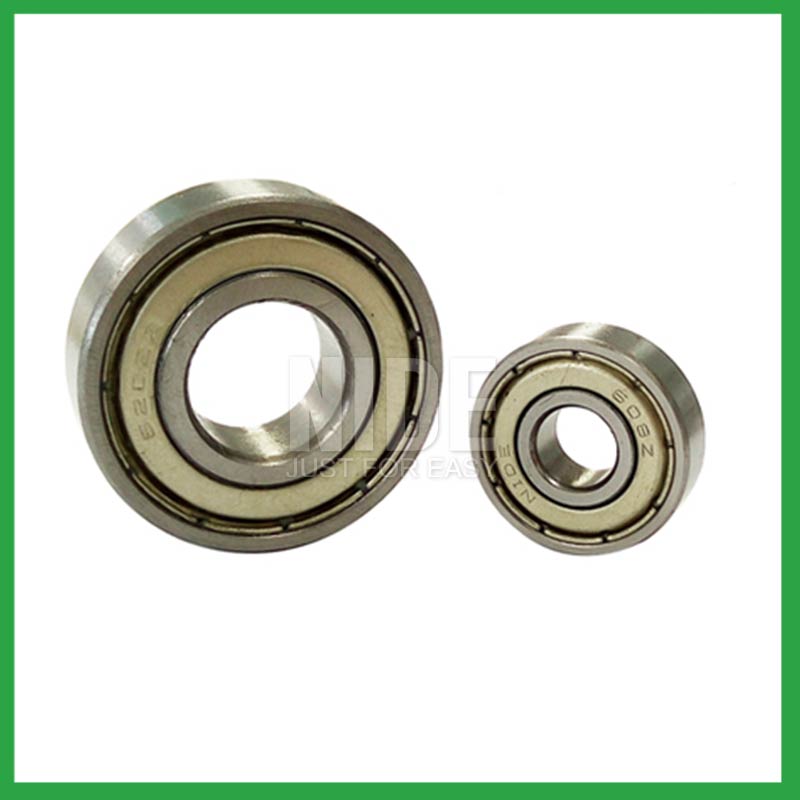
| Parameter | Information |
|---|---|
| Product Name | threaded ball bearing |
| Brand Name | NIDE |
| Place of Origin | China |
| Material | stainless steel, etc. |
| Structure | Deep Groove |
| Color | Customized Color |
| Delivery Time | 5-7days |
| Port | Ningbo/Shanghai |
| Export region | Asia,Europe,Oceania |
| Export Country | India,Brazil,South Korea,Barbados,Russia,Turks and Caicos Islands,Greece,Nauru...etc |
| Application | aviation engines, etc. |
| OEM/ODM | Yes |
| Size | Customized size |
| Stock | In Stock |
| Feature | Low Noise,Simple structure...etc |
| MOQ | 10 pieeces(Specific according to the model) |
| Certification | ISO9001,CE-stator coil winding inserting machine,CE-stator coil lacing machine,etc |
| Supply Ability | 100000-500000 Piece/Pieces per Month |
| Lubricate | Oil Grease |
| Packaging Details | Suitable for sea transportation |
| Lead time (days) | 15-20 (To be negotiated) |
Please note: The above table data is for reference only. For specific information, please contact us.
Bearings with ball bearings as rolling elements mainly include deep groove ball bearings,angular contact ball bearings,cylindrical roller bearings,thrust ball bearings, etc.
During the disassembly process, the outer shell should be kept intact to avoid unnecessary damage;
When replacing installation components, attention should be paid to the accuracy of the support components to prevent deformation;
During the disassembly process, attention should be paid to protecting the surface quality of the ball bearing to ensure its performance;
During the operation, attention should be paid to removing surface dust to ensure the quality of the ball bearing.
Ball bearings have many advantages, making them highly competitive in the market.
Firstly, they are very durable and have good wear performance, making their service life longer than many other types of bearings.
Secondly, they are easy to install and can provide low friction performance in various applications.
Thirdly, they require a relatively low level of maintenance, making them cost-effective.
In addition, compared to many other types of bearings, their purchase cost is relatively low, making them an economical choice.
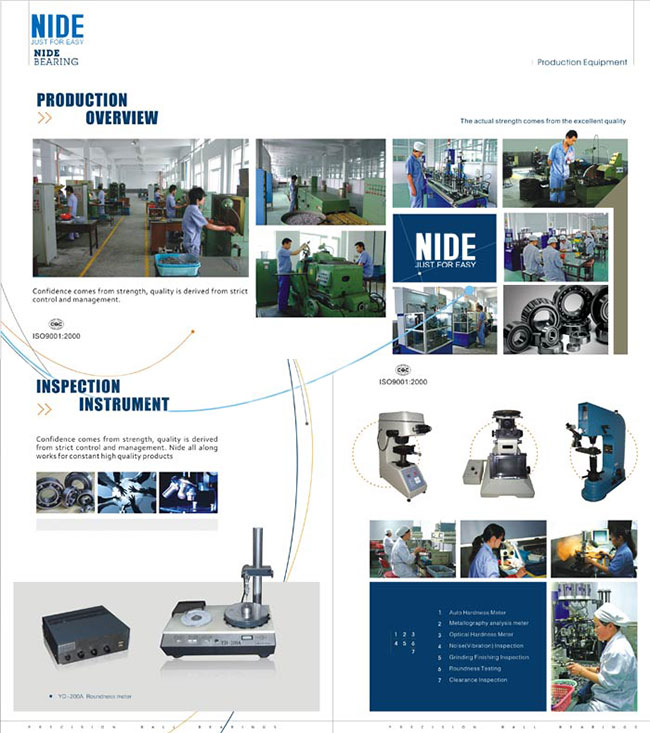
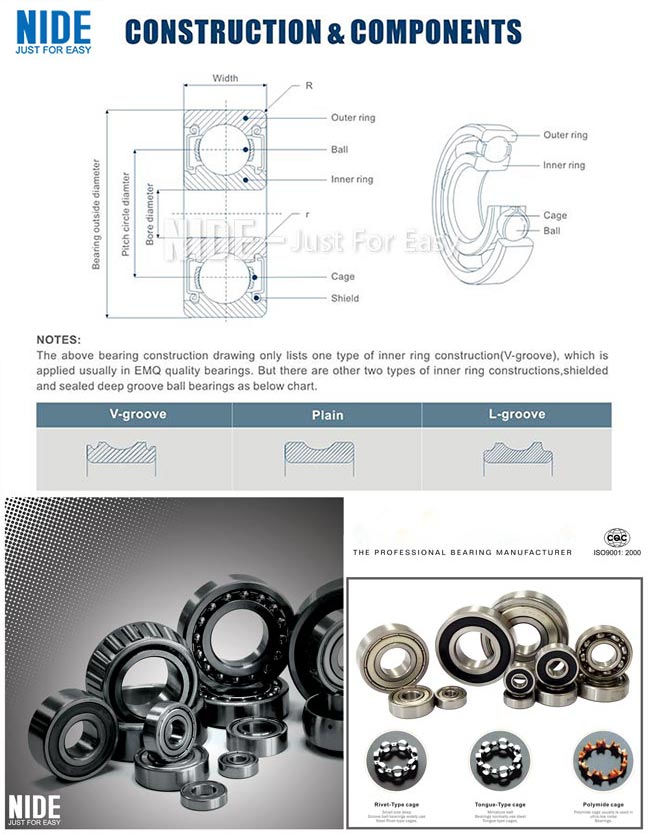
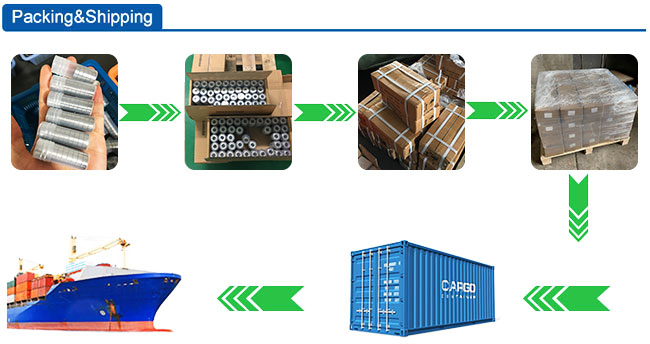
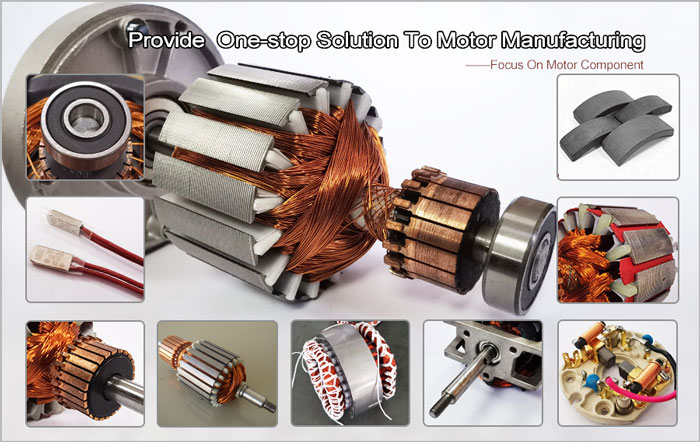
threaded ball bearing---FAQs Guide
2.What is a ball bearing?
3.About threaded ball bearing,What about the lead time?
4.Can threaded ball bearing be customized with special coatings or treatments to meet specific industry standards or regulatory requirements?
5.What is the role of threaded ball bearing in reducing friction and energy loss in rotating machinery?
6.What are the after-sales services available for threaded ball bearing?
7.Where can threaded ball bearing be used?
8.How do threaded ball bearing provide smooth and controlled motion in various mechanical systems, such as conveyor belts or automobiles?
9.As a threaded ball bearing manufacturer,Your product certifications?
10.Are there ongoing research and development efforts aimed at improving threaded ball bearing materials, designs, and lubrication techniques?
11.As a threaded ball bearing manufacturer,can you supply samples?
12.How do manufacturers ensure the quality and reliability of threaded ball bearing through material selection and precision machining?
13.How do threaded ball bearing handle radial loads, axial loads, and combined loads, and what are their load-carrying capacities?
1.What is the significance of threaded ball bearing lubrication, and how does it affect bearing lifespan and performance?
Bearing lubrication is vital for preserving the performance and lifespan of rolling element bearings. Lubrication helps separate moving parts relative to one another, such as rollers and raceways or balls, to prevent wear and tear and friction.
2.What is a ball bearing?
A ball bearing is a type of rolling-element bearing that uses balls to maintain the separation between the bearing races.
The purpose of a ball bearing is to reduce rotational friction and support radial and axial loads. It achieves this by using at least two races to contain the balls and transmit the loads through the balls. In most applications, one race is stationary and the other is attached to the rotating assembly (e.g., a hub or shaft). As one of the bearing races rotates it causes the balls to rotate as well. Because the balls are rolling they have a much lower coefficient of friction than if two flat surfaces were sliding against each other.
Ball bearings tend to have lower load capacity for their size than other kinds of rolling-element bearings due to the smaller contact area between the balls and races. However, they can tolerate some misalignment of the inner and outer races.
3.About threaded ball bearing,What about the lead time?
3-7 days for samples, 3-4 weeks for mass production.
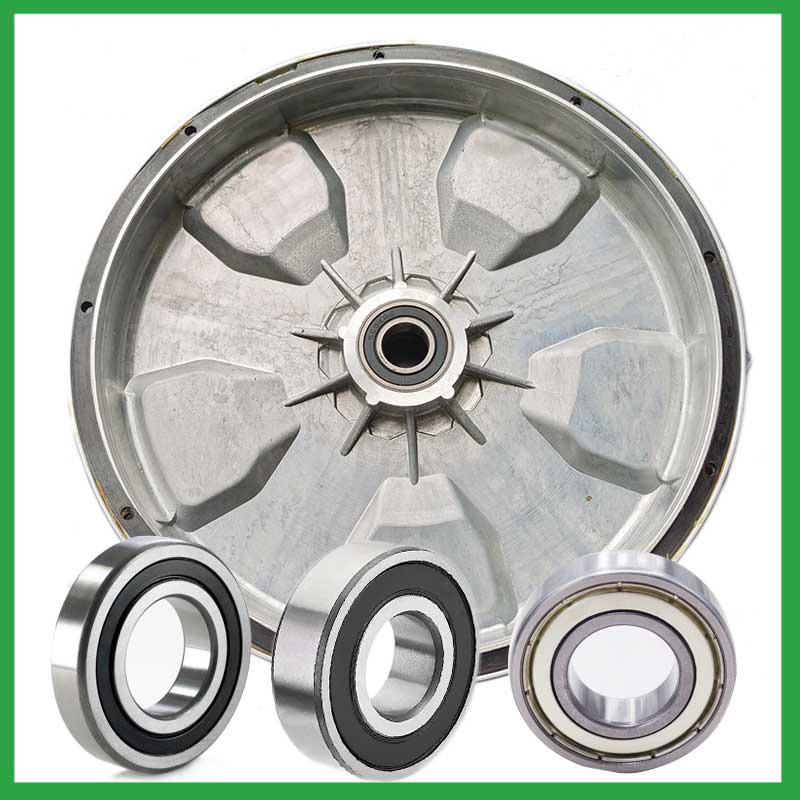
4.Can threaded ball bearing be customized with special coatings or treatments to meet specific industry standards or regulatory requirements?
Yes, threaded ball bearing can be customized with special coatings or treatments to meet specific industry standards or regulatory requirements.
1. Corrosion-resistant coatings: These coatings are used to protect the bearings from corrosion caused by exposure to moisture, chemicals, and other corrosive substances.
2. High-temperature coatings: These coatings are used to improve the thermal stability and performance of bearings in high-temperature environments.
3. Food-grade coatings: These coatings are specially designed for applications in the food and beverage industry, where bearings come into contact with food, beverage, or pharmaceutical products.
4. Anti-static and non-conductive coatings: These coatings are used to dissipate static electricity, which can cause damage to electronic components.
5. Specialized lubrication treatments: Bearings can be treated with specialized lubricants that meet specific industry standards or regulatory requirements.
5.What is the role of threaded ball bearing in reducing friction and energy loss in rotating machinery?
threaded ball bearing reduce friction by using smooth balls lubricated with oil or grease that freely roll between a smooth inner and outer surface. The main concept of the ball bearing is that objects that roll past each other produce less friction than if the objects were sliding against each other.
6.What are the after-sales services available for threaded ball bearing?
If you find problems or failures in the assembly or use of the bearings , which needs to consult and other services, please feedback to Nide International in time.
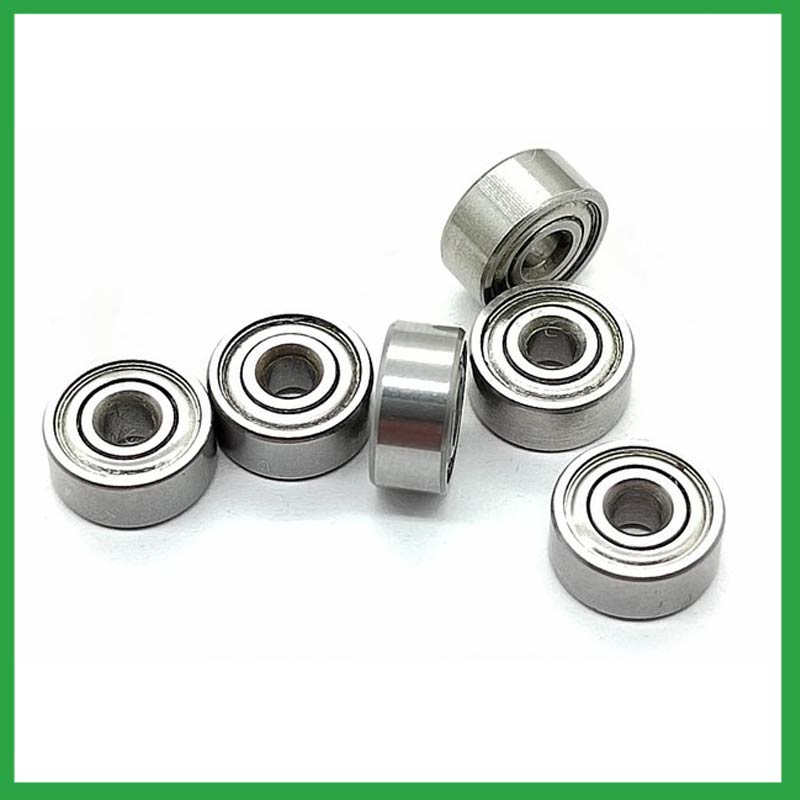
7.Where can threaded ball bearing be used?
threaded ball bearing are very versatile. They can be designed to withstand radial loads, axial loads and combined radial/axial loads at various operating speeds. These characteristics, combined with the relative cost and compactness of the design, give it universal appeal within the industry. Ball bearings are widely used in electric motors, gear reducers and pumps. Serving the automotive, home appliances, aerospace, oil and gas drilling, and mining sectors.
8.How do threaded ball bearing provide smooth and controlled motion in various mechanical systems, such as conveyor belts or automobiles?
In essence, threaded ball bearing operate on the principle that it's far more efficient to roll over surfaces than to slide, thereby significantly reducing friction and facilitating smooth movement of machinery parts.
9.As a threaded ball bearing manufacturer,Your product certifications?
ISO9001:2015 certificate,ISO 9001 Certification,CE-stator,etc.
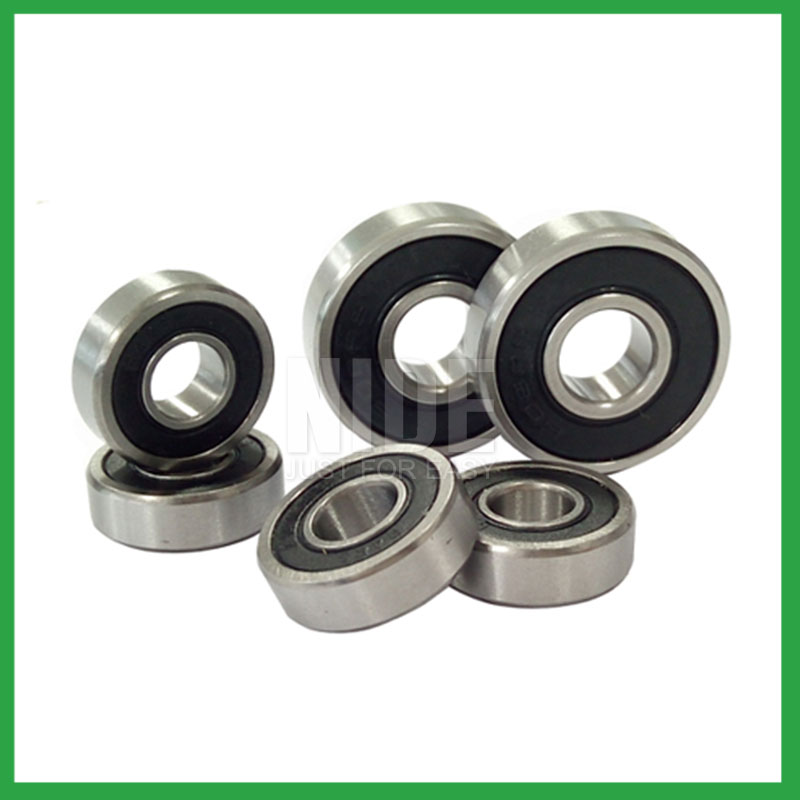
10.Are there ongoing research and development efforts aimed at improving threaded ball bearing materials, designs, and lubrication techniques?
A custom threaded ball bearing can satisfy almost any customer’s needs. Your application may need a needle roller or ball bearing, a radial or angular contact design, a plain carbon steel bearing with anti-corrosion coatings or stainless steel, a thrust bearing or a spherical bearing, tight or loose radial play, sealed or non-sealed designs
11.As a threaded ball bearing manufacturer,can you supply samples?
Sure, samples can be provided free of charge, and the buyer pay the postage of the sample.
12.How do manufacturers ensure the quality and reliability of threaded ball bearing through material selection and precision machining?
High-precision measuring instruments, such as micrometers and gauges, are used to check the dimensions of the rings and balls to ensure they meet tight tolerances. Surface Finish Inspection: Surface finish is assessed using profilometers to ensure the required smoothness and low friction characteristics.
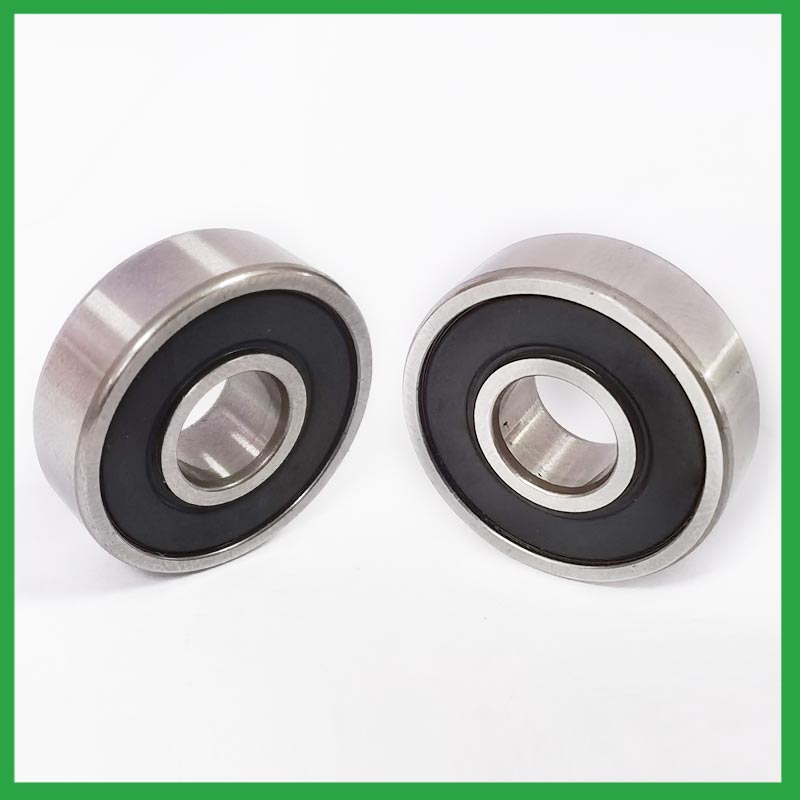
13.How do threaded ball bearing handle radial loads, axial loads, and combined loads, and what are their load-carrying capacities?
The type of bearing used also varies between these loads. While deep-groove threaded ball bearing are better equipped to handle radial loads, thrust ball bearings are designed for axial loads. However, it's essential to note that most bearings, such as angular contact ball bearings, can handle both radial and axial loads.The Bearing Static Capacity, Co, is the maximum load that can safely be applied to a non-rotating bearing that will not cause subsequent bearing operation to be impaired. It is based on calculated contact stress at the center of the most heavily loaded rolling element where it contacts the Inner Race.

